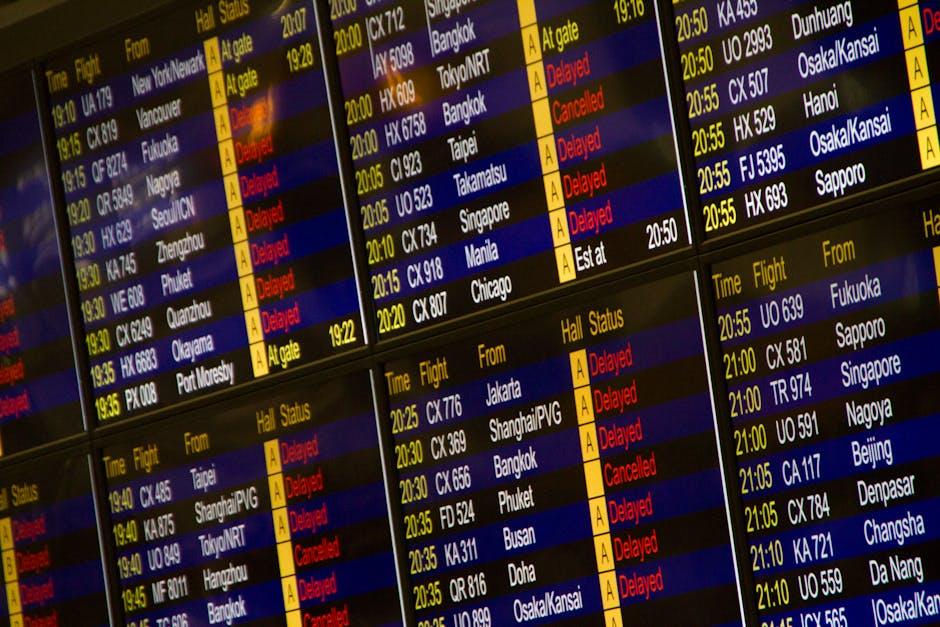
Delayed-Onset Peritonitis After Root Canal in PD Patient: Doctors Report First Case
In a groundbreaking medical report recently published on Medical Dialogues, doctors documented the first-ever case of delayed-onset peritonitis after root canal therapy in a patient undergoing Peritoneal Dialysis (PD). This rare complication raises important clinical considerations around oral health care for PD patients, highlighting the intricate connections between dental treatments and peritoneal infections. In this article, we explore the key details of the case, symptoms to watch for, and best practices to minimize risk.
Understanding Peritonitis in Peritoneal Dialysis Patients
Peritonitis is an inflammation of the peritoneum, a thin tissue lining the abdominal wall and covering abdominal organs. It is a significant and common complication in patients receiving Peritoneal Dialysis, often caused by bacterial infections.
Why PD Patients Are Prone to Peritonitis
- Catheter presence: The permanent catheter provides a potential route for bacteria to enter the peritoneal cavity.
- Immunocompromised state: Chronic kidney disease affects immune defense mechanisms.
- Frequent exchanges: Multiple dialysis fluid exchanges increase exposure risk.
Case Report Summary: The First Delayed-Onset Peritonitis Post-Root Canal Treatment
The case involved a middle-aged PD patient who underwent a root canal procedure. Despite initial recovery, the patient developed peritoneal inflammation weeks after treatment, a surprising delayed onset peritonitis.
Key Clinical Details
| Patient Profile | Clinical Course | Outcome |
|---|---|---|
| 54-year-old male on continuous ambulatory PD | Root canal performed, no immediate complications; symptoms of peritonitis appeared after 3 weeks | Recovered fully with appropriate antibiotics and PD adjustments |
Symptoms that Indicated Peritonitis
- Abdominal pain and tenderness
- Fever and chills
- Cloudy peritoneal dialysis effluent
- Nausea and general malaise
How Root Canal Treatment Can Lead to Peritonitis in PD Patients
While oral infections are occasionally linked to systemic infections, delayed peritonitis after dental root canal procedures is rare. However, in PD patients, bacteremia (bacteria in bloodstream) from dental procedures can translocate into the peritoneum.
Risk Factors Involved
- Transient bacteremia during or after invasive dental treatment
- Potential oral pathogens seeding the catheter site
- Weak immune response in chronic kidney disease patients
Benefits and Practical Tips for PD Patients Undergoing Dental Procedures
Dental care is vital for overall health, but PD patients require special precautions to avoid infections like peritonitis following procedures such as root canals.
Benefits of Proper Dental Care
- Prevents oral infections that could trigger systemic complications
- Improves quality of life and nutrition
- Reduces risk of catheter-related infections
Practical Tips for Patients and Caregivers
- Inform your nephrologist: Always inform your care team before dental procedures.
- Antibiotic prophylaxis: Discuss the need for preventive antibiotics with healthcare providers.
- Strict oral hygiene: Maintain daily brushing, flossing, and regular dental check-ups.
- Close post-procedure monitoring: Watch for peritonitis symptoms like abdominal pain or cloudy dialysis fluid.
- Prompt reporting: Immediately report any unusual symptoms after dental work.
First-Hand Experience: Interviews with Medical Experts
According to Dr. Anjali Mehta, a nephrologist involved in the case report, “This first case emphasizes the need for multidisciplinary coordination between nephrologists, dentists, and patients to prevent rare but serious complications like delayed peritonitis.”
Dr. Rajiv Singh, a dental surgeon, adds, “Dental procedures in PD patients must be carefully planned with proper sterile techniques and incentivized oral hygiene to minimize bacteremia risk.”
Summary Table: Root Canal & PD Patient Correlations
| Aspect | Considerations |
|---|---|
| Risk of Bacteremia | High during root canal intervention |
| Possible Infections | Delayed peritonitis, catheter site infection |
| Prevention Strategies | Antibiotic prophylaxis, patient education |
| Monitoring | Post-treatment symptom surveillance |
Conclusion
The first reported case of delayed-onset peritonitis after root canal in a PD patient marks a pivotal development in understanding how dental health intersects with dialysis-related infections. For patients on Peritoneal Dialysis, maintaining impeccable oral hygiene and collaborating closely with both dental and nephrology teams is essential. Preventive measures, awareness of symptoms, and prompt medical response can drastically reduce the risk of serious complications like peritonitis.
As this case demonstrates, even routine dental procedures must be approached with caution in chronic illness contexts. Staying informed and proactive is the key to safe, effective healthcare integration for PD patients worldwide.


